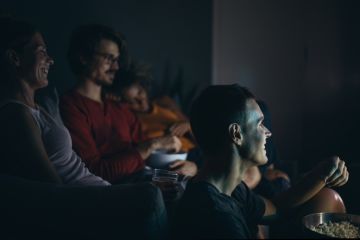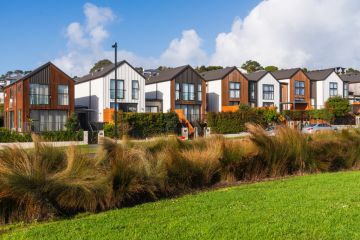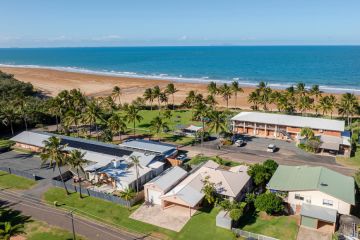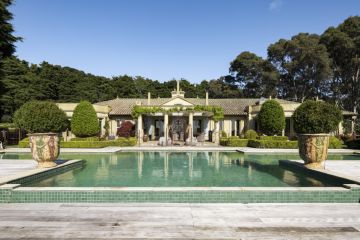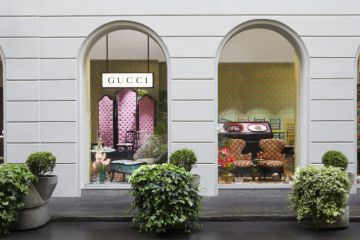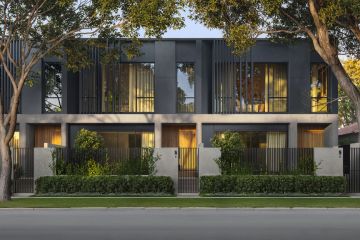The couple living in a carbon neutral home in Victoria's picturesque Cape Paterson
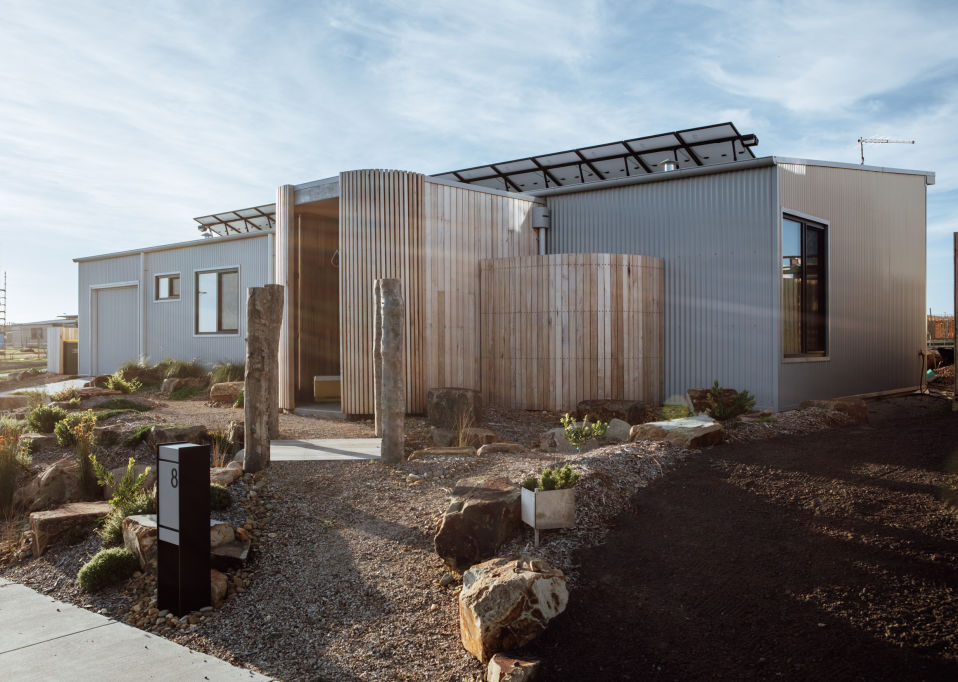
For decades, Mike Wiles and his wife Jane lived in a standard 1960s, gas-electric, brick veneer residence in Melbourne’s eastern suburbs. Today, the couple lives in one of the most sustainable homes in Victoria’s eco-housing estate, The Cape, driving an electric car, growing some of their own food and saving thousands each year in energy bills.
It all started back in 2007 when one of the Wiles’s daughters read Tim Flannery’s We are the Weather Makers at school. Inspired, the family began to retrofit their Blackburn home with measures like draft proofing, better insulation and replacing gas heating with reverse cycle airconditioning.
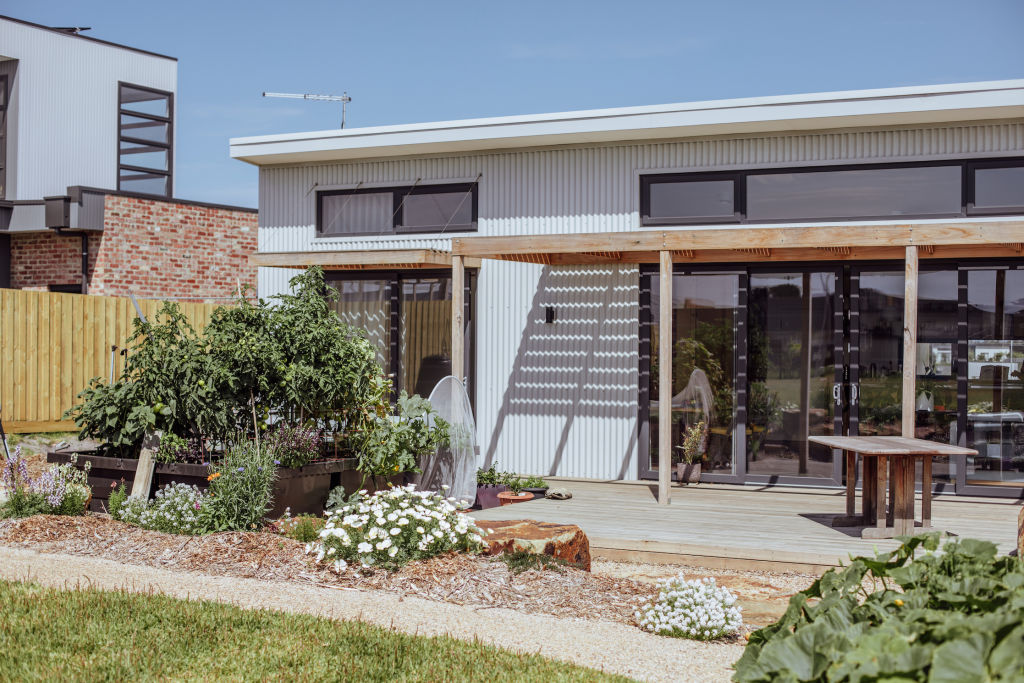
“Over the course of that decade, we managed to reduce the emissions of that house by about half, and then we sort of hit a plateau, and we started thinking, ‘Okay, well what’s next for us?’” explains Mike. “And, we also thought about a sea change, so a number of things came together, and we decided to build here and see just how far we could go with the sustainability aspect.”
Named Kohi Kohi, which means “coming together” in Māori, the couple’s new home is an 8.9 star-rated, carbon-neutral dwelling nestled in Cape Paterson’s sustainable housing village, where homes must satisfy a minimum energy rating of 7.5. A carbon-neutral home is one that offsets the energy it uses. Although it could be argued that the Wiles’s home is actually carbon-negative because it creates a surplus of clean energy.
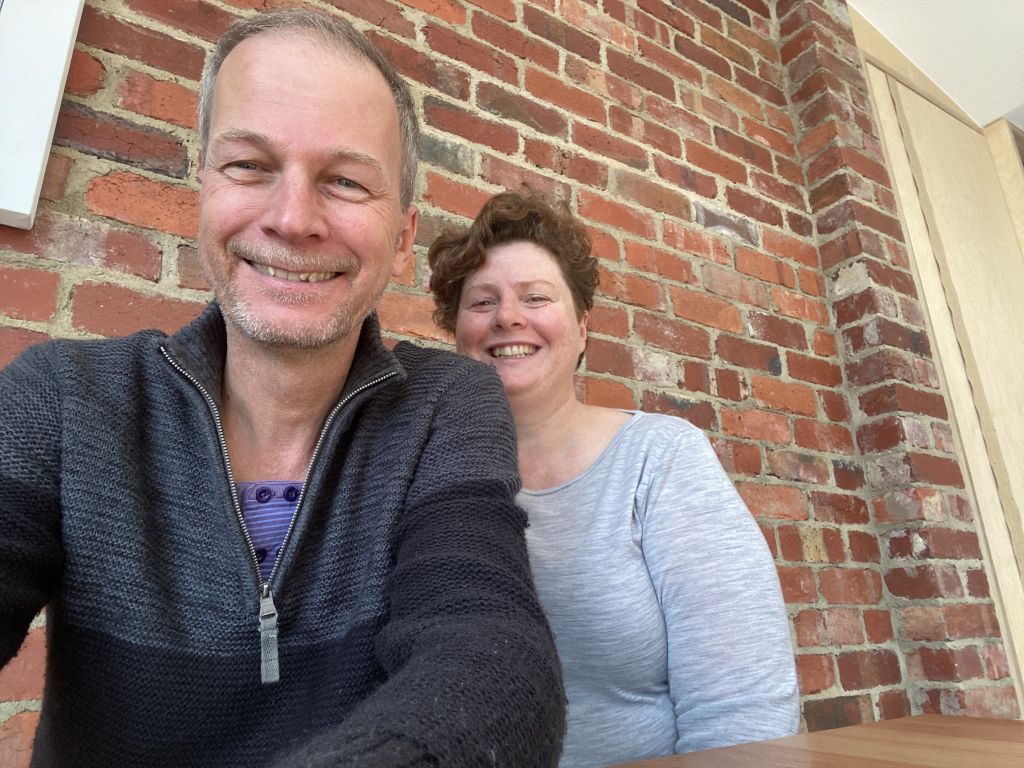
The building has 75 per cent north-facing glazing that allows the winter sun into the living areas and thermal mass from polished concrete floors and recycled brickwork inside. It is all-electric and gas-free, with heat-pump heating and cooling and hot water systems, induction cooktops, 5.3 kilowatt solar power, a 10,000-litre water tank and an “urban farm”.
One of the reasons Kohi Kohi is one of the best-performing homes at The Cape is because the Wiles’s own an electric car, which they can keep charged on their personal charge point while working from home.
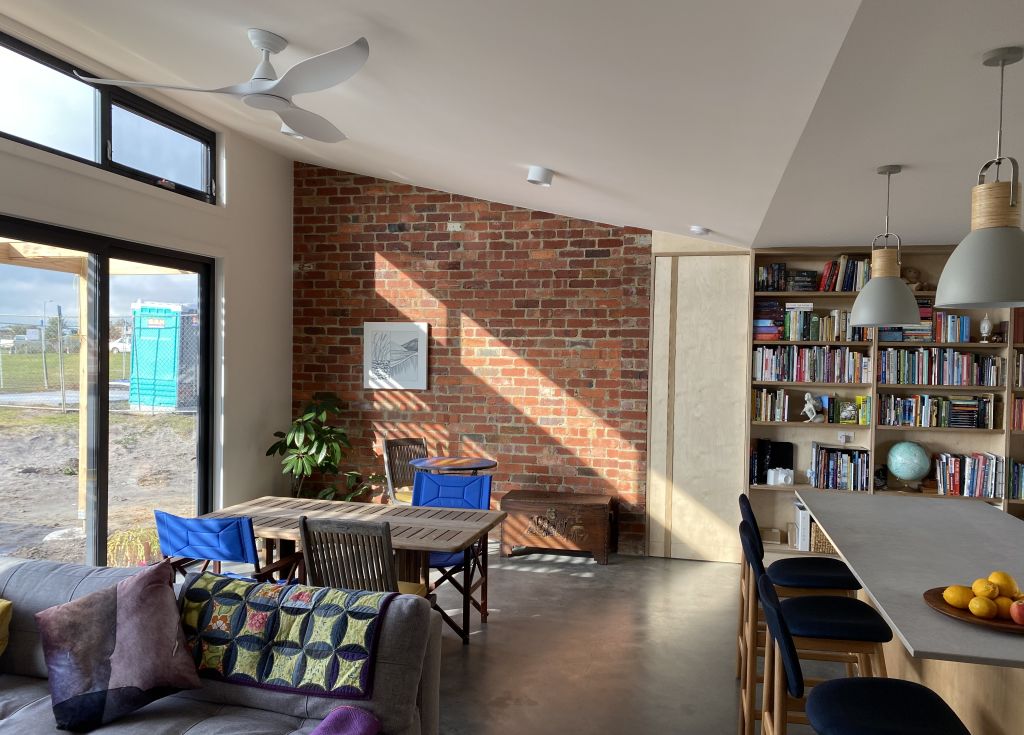
The result is a living arrangement that generates no petrol or power bills – saving the Wileses around $7000 per year – and a residence that requires little-to-no heating or cooling.
“At the moment, it’s 24 degrees inside, and we haven’t had any heating on. The sun heats up the house during the day, and it retains that heat during the night,” explains Mike. “It’s lovely when we’ve been out on a cold day, and you come in, even at 10 o’clock at night, and it still feels as though it’s had the heating on even though the only heating is the sun.”
The house was built and designed by The Sociable Weaver, a Melbourne group specialising in executing sustainable houses with non-toxic materials and minimal waste and responsible for Victoria’s first 10-star home.
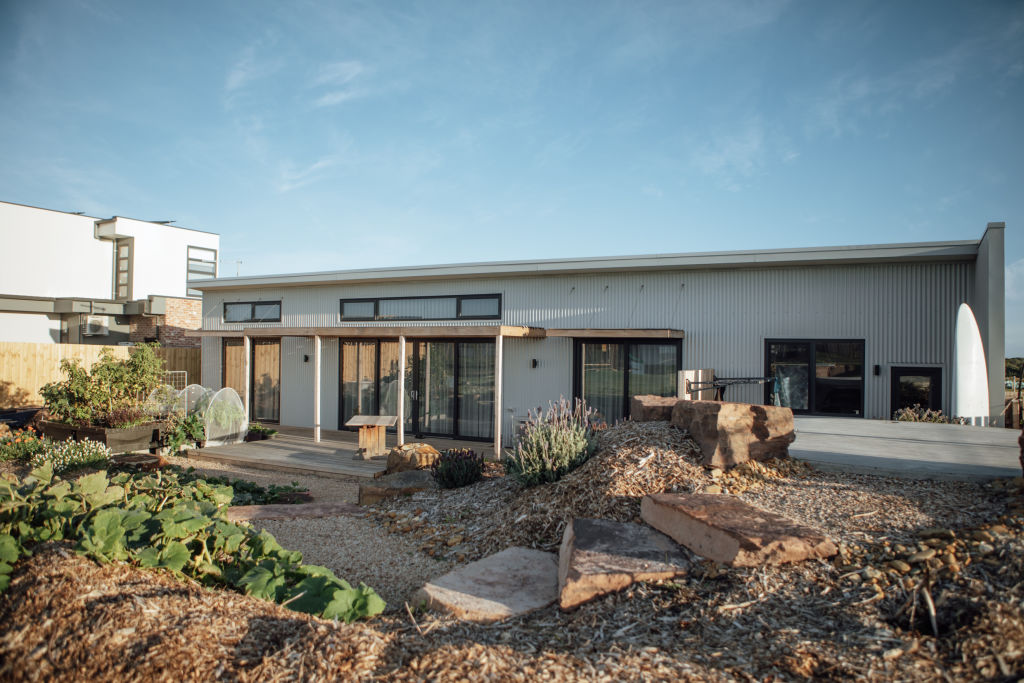
Reece Stubbs, general manager at The Sociable Weaver, says the homes they’re building at The Cape demonstrate how sustainable homes can be, not just high-performing but also comfortable and aesthetically pleasing.
“I think some of the stigma is starting to be broken down in terms of starting to understand that it doesn’t have to cost the earth to have a sustainable home,’ he says.
“It doesn’t have to look like a spaceship, either — I think there was a bit of stigma around that a while ago. They’re really quite elegant homes and beautiful homes that have got all the latest designer settings to them, but they perform really well at their core.”
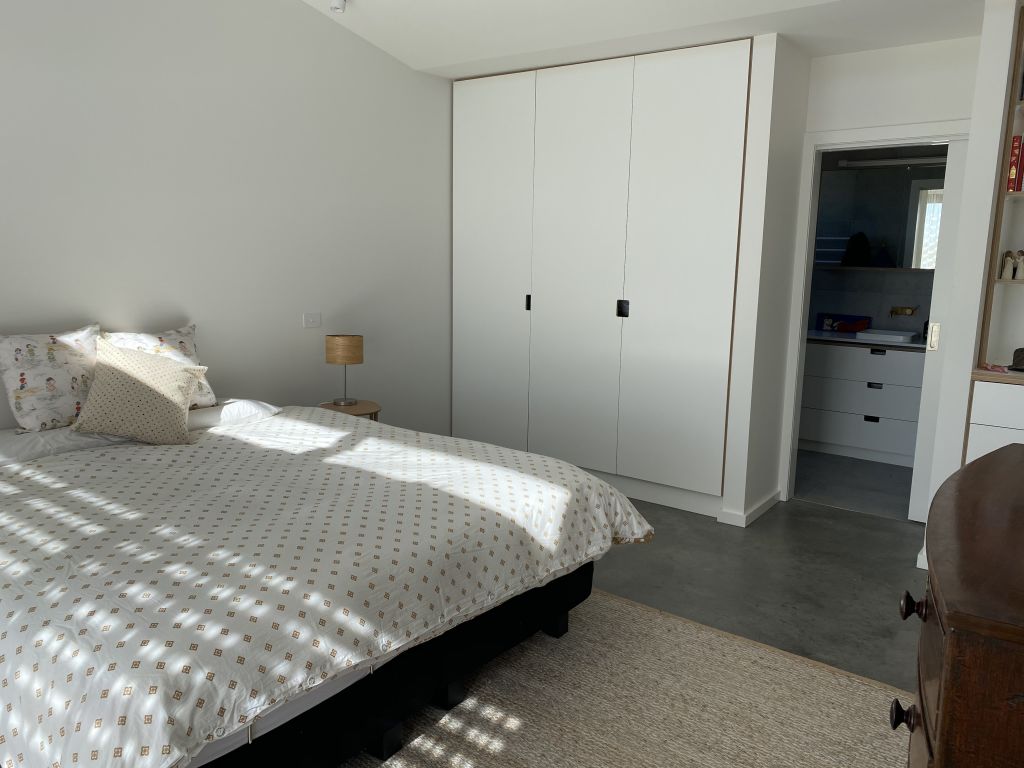
The Cape itself is the brainchild of director Brendan Condon, who is deeply passionate about showing Australia that sustainable housing can be straightforward – so much so that he has made their zero-emission building designs available for download on their website. To date, these designs have been downloaded around 40,000 times.
“Here at the Cape, we’ve been watching with concern climate change and the impact that’s having here in Australia, and we just realised that we need good demonstration projects that could show how Australia can move beyond fossil fuels,” he says.
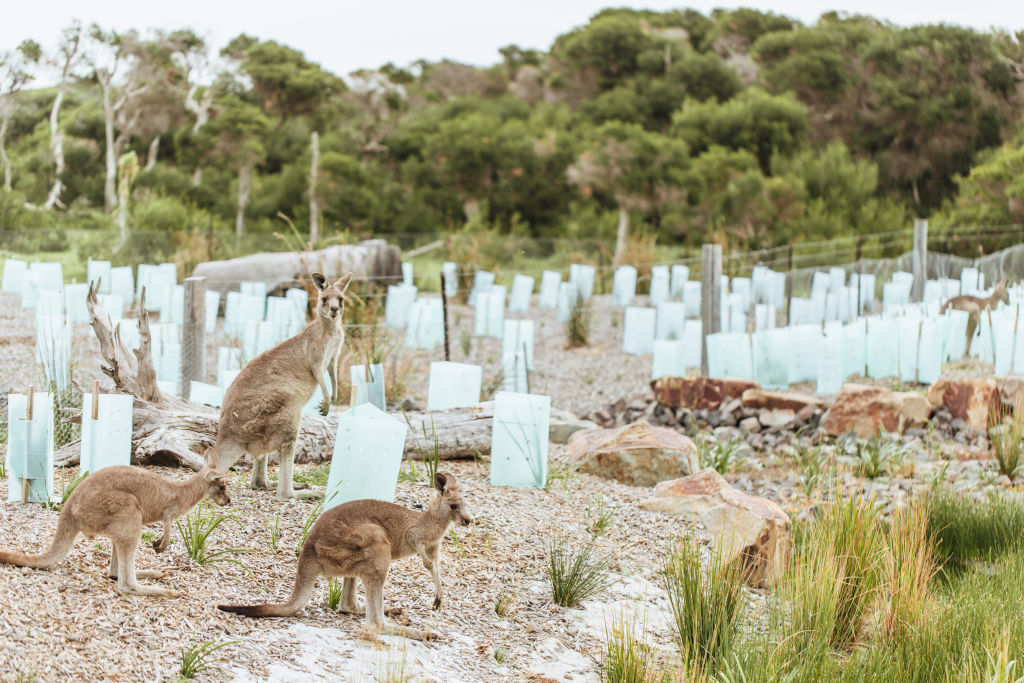
“We said, ‘We’ve got to do it on a precinct scale.’ And that’s why we’re building another 230 homes. And we’re just hoping now we’re going to get copied and that the next one’s going to be a thousand-home community that applies the same principles.”
In addition to acting as a myth-buster, Condon refers to The Cape as a “champion bill-busting estate”.
“And [the Wiles family] are the reigning premiers within the champion bill-busting estate!” he says. “They’re just really a snapshot of [what we] can do when we embrace clean energy, as well as passive solar, as well as electrification of transport. I think that’s really exciting – to show to the rest of the country what can be done.”
This article is part of a series on Green Homes, brought to you by Belong, Australia’s first carbon-neutral telco and winner of Finder’s Green Telco of the Year 2020.
We recommend
We thought you might like
States
Capital Cities
Capital Cities - Rentals
Popular Areas
Allhomes
More
